Brown rice is renowned for its nutritional benefits and positive impact on health, leading to its popularity as a daily staple for many. However, it’s essential to consume it correctly to reap its full benefits. Here are six crucial precautions to keep in mind when eating brown rice to ensure a safe and healthy experience:
1 Don’t Store Brown Rice or Cooked Brown Rice for Too Long
While it’s convenient to buy brown rice in bulk, improper storage can damage the natural oils in the rice, reducing its nutritional value. Additionally, avoid leaving cooked brown rice out for extended periods, and limit reheating it to maintain nutrient content and prevent potential health risks.
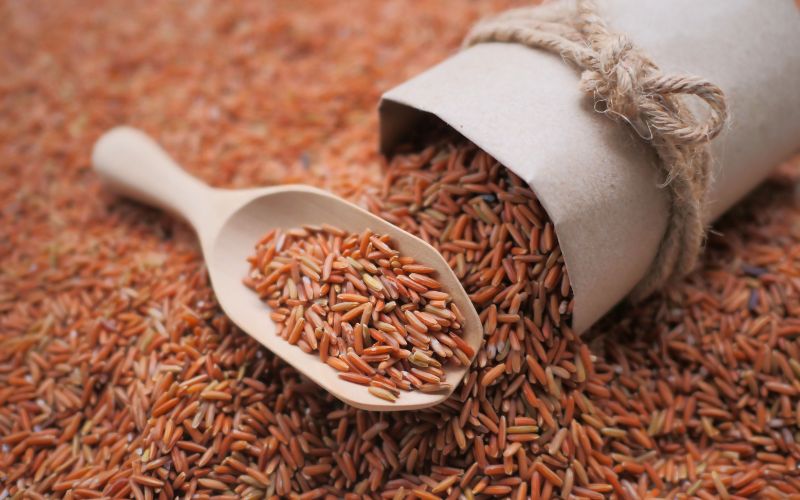 Don’t Store Brown Rice or Cooked Brown Rice for Too Long
Don’t Store Brown Rice or Cooked Brown Rice for Too Long
2 Incorrect Preparation and Consumption of Brown Rice
Due to its tough outer bran layer, soak brown rice for 30 minutes to a few hours before cooking to soften it. When cooking, use more water than you would for white rice, as brown rice absorbs more water. Ensure the rice is thoroughly cooked, as undercooked brown rice can cause acute stomach and intestinal inflammation and discomfort.
When eating brown rice, chew slowly and thoroughly to aid digestion and maximize nutrient absorption.
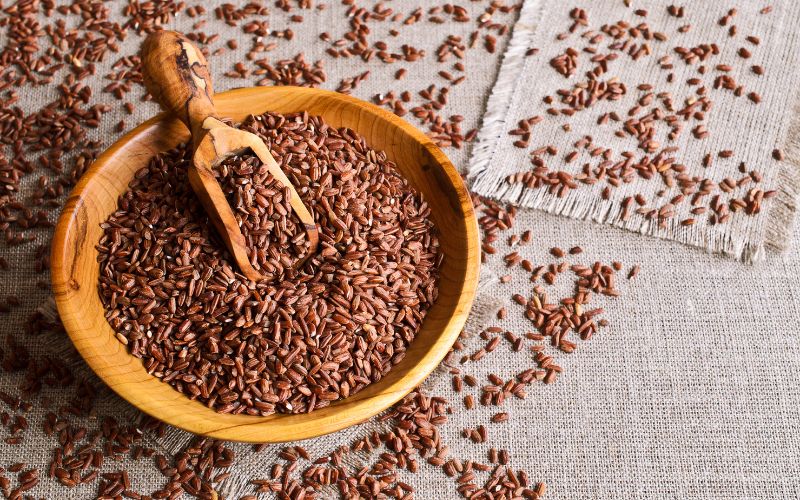 Incorrect Preparation and Consumption of Brown Rice
Incorrect Preparation and Consumption of Brown Rice
3 Avoid Excessive Consumption of Brown Rice
As with any food, moderation is key. Consuming too much brown rice can lead to digestive issues and hinder nutrient absorption. Additionally, brown rice may contain small amounts of arsenic, which can be harmful over extended periods.
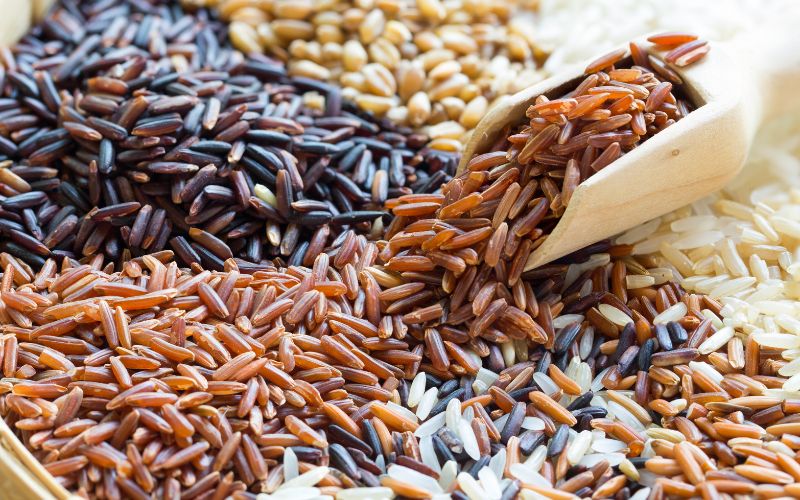 Avoid Excessive Consumption of Brown Rice
Avoid Excessive Consumption of Brown Rice
4 Brown Rice Should Not Completely Replace White Rice
Contrary to popular belief, brown rice is not necessarily healthier than white rice, and excessive consumption can lead to nutritional deficiencies. Experts recommend limiting brown rice consumption to 2-3 times per week. A balanced diet includes both types of rice to ensure adequate nutrient intake and prevent potential health risks.
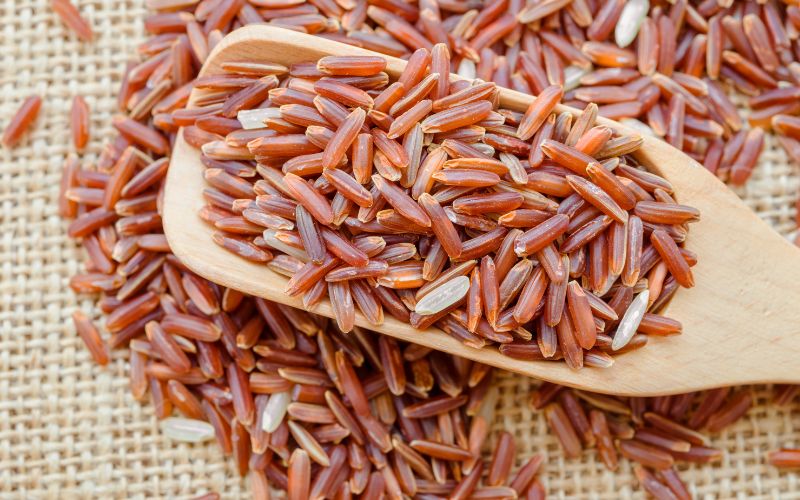 Brown Rice Should Not Completely Replace White Rice
Brown Rice Should Not Completely Replace White Rice
5 Consider Food Combinations with Brown Rice
Brown rice contains phytic acid, which can bind to minerals in the body and hinder their absorption. Therefore, avoid consuming mineral-rich beverages and foods like milk, pineapple, rosehips, and hawthorn with or immediately after eating brown rice to prevent stone formation and digestive issues.
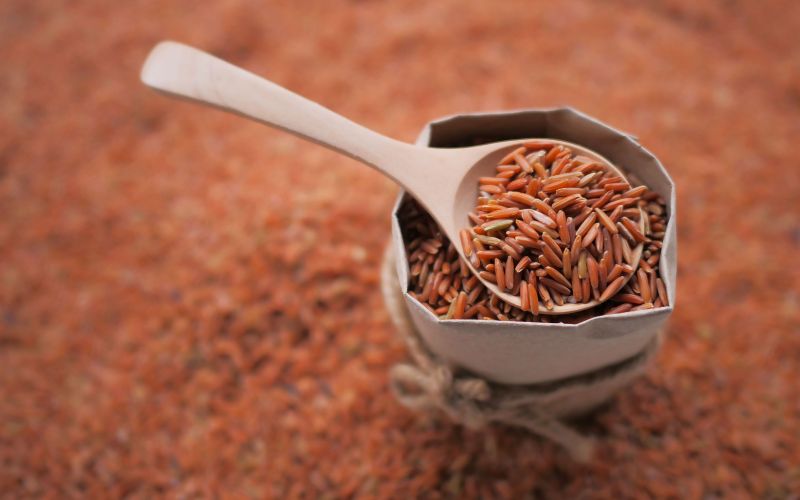 Consider Food Combinations with Brown Rice
Consider Food Combinations with Brown Rice
6 Individuals Who Should Refrain from Eating Brown Rice
While brown rice is generally healthy, certain individuals should exercise caution or refrain from consuming it:
-
Those with iron or zinc deficiencies.
-
Individuals with liver diseases.
-
People with poor digestive function.
-
Pregnant women.
-
Individuals engaging in heavy labor or adolescents going through puberty.
-
The elderly and young children.
-
People with compromised immune systems.
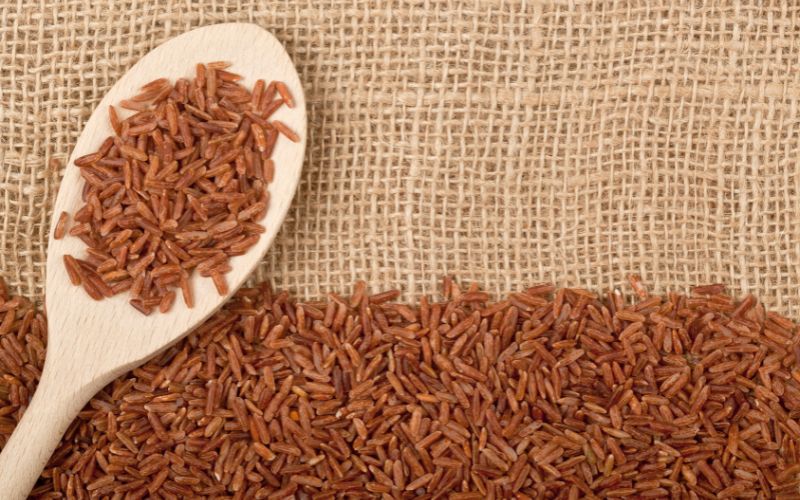 Individuals Who Should Refrain from Eating Brown Rice
Individuals Who Should Refrain from Eating Brown Rice
By following these six precautions, you can enjoy the benefits of brown rice while maintaining a healthy and balanced diet. Take care of your health and stay informed!
Source: Vietnamese Women’s Newspaper
Exploring the Benefits of Chia Seeds on Good Health: What You Need to Know
Did you know that chia seeds come from the same family as herbs that are used in spices such as mint and basil? These seeds are a popular health food due to their unique health benefits. Read on to find out how these seeds can be used and why they're so beneficial!





































